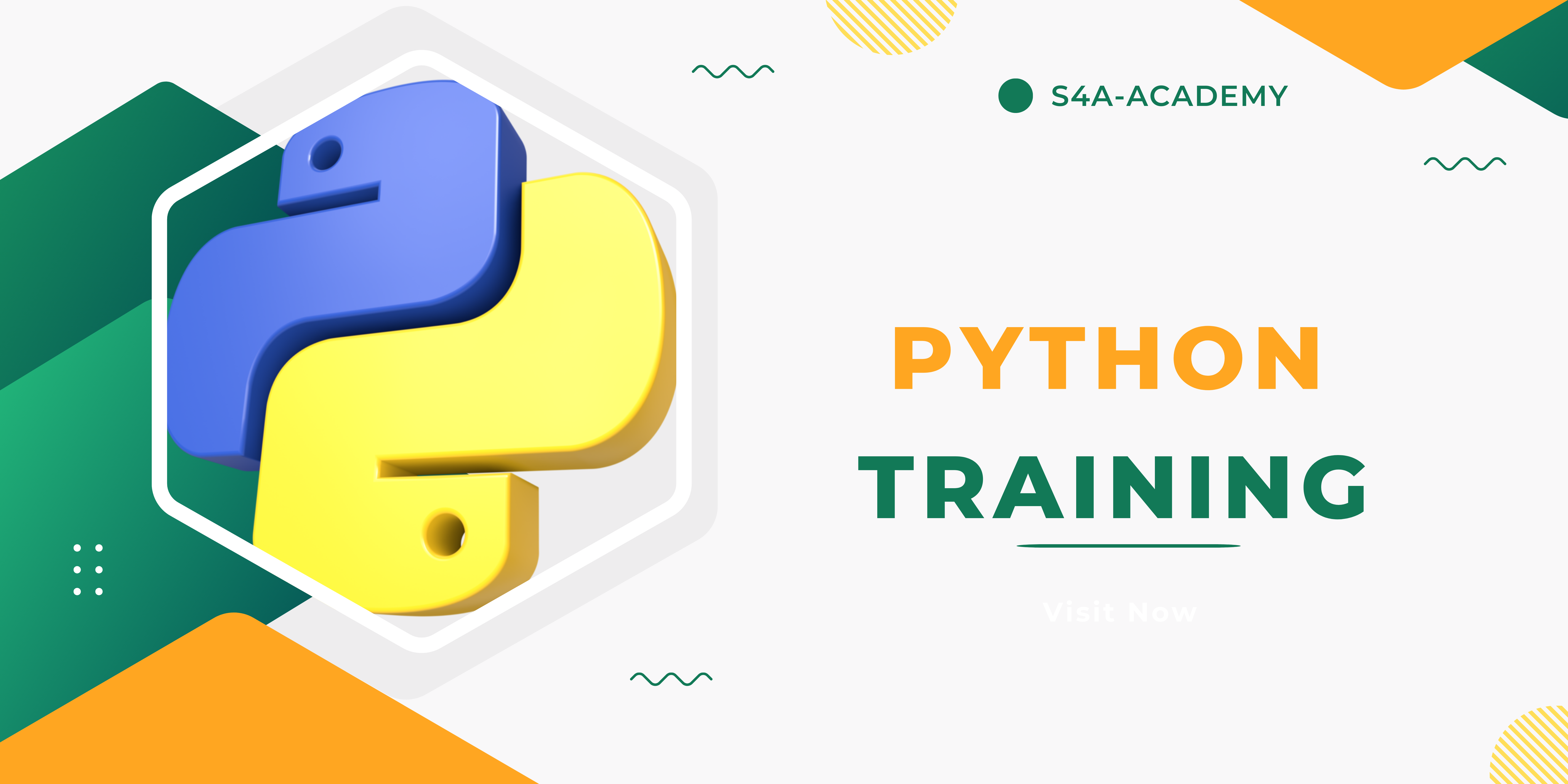
Full Stack in Python programing
Python programing
Python Web Development involves using Python programming language and its frameworks, such as Django, Flask, or FastAPI, to create dynamic and scalable web applications.
It leverages Python's simplicity, versatility, and extensive libraries to build everything from simple websites to complex web platforms efficiently.
Any one can join this training programm.Key Components of Python Web Development:
Frameworks: Python offers several robust frameworks for web development, each catering to different needs:
- Django: A high-level framework known for its "batteries-included" approach, providing everything needed for web development out-of-the-box, including ORM (Object-Relational Mapping), forms handling, authentication, and admin interfaces.
Read MoreFramework
Database Itegration
Fronted-Technology
Deployment
API Development
Security
Python Web Development refers to the process of using Python programming language and its associated frameworks to build web applications. Python's popularity in web development stems from its simplicity, readability, and extensive ecosystem of libraries and frameworks tailored for different aspects of web development.
Key Components of Python Web Development:
Frameworks: Python offers several robust frameworks for web development, each catering to different needs:
- Django: A high-level framework known for its "batteries-included" approach, providing everything needed for web development out-of-the-box, including ORM (Object-Relational Mapping), forms handling, authentication, and admin interfaces.
- Flask: A lightweight and flexible micro-framework that allows developers to choose the libraries and components they need, making it ideal for small to medium-sized applications and APIs.
- FastAPI: A modern, fast (as the name suggests), and web framework for building APIs with Python 3.7+ based on standard Python type hints.
Database Integration: Python web development often involves integrating with various databases using ORMs like SQLAlchemy (compatible with multiple databases), Django ORM (for Django projects), or using direct SQL queries with libraries like psycopg2 for PostgreSQL or mysqlclient for MySQL.
Front-End Technologies: While Python primarily focuses on the server-side logic, it integrates seamlessly with front-end technologies such as HTML, CSS, and JavaScript. Python frameworks often support templating engines (e.g., Jinja2 for Flask, Django templates for Django) to generate dynamic HTML content.
Deployment: Python web applications are typically deployed using WSGI servers like Gunicorn or uWSGI for production environments. Containerization with Docker and orchestration with platforms like Kubernetes are also common for managing and scaling applications.
API Development: Python's versatility makes it suitable for building RESTful APIs using frameworks like Flask-RESTful or Django REST Framework (DRF), facilitating communication between web applications and other services.
Security: Python web development emphasizes secure coding practices, including protection against common web vulnerabilities like SQL injection, XSS (Cross-Site Scripting), CSRF (Cross-Site Request Forgery), and secure authentication mechanisms.
Benefits of Python Web Development:
- Rapid Development: Python's clean syntax and extensive libraries enable rapid prototyping and development cycles.
- Scalability: Frameworks like Django provide scalability features, allowing applications to handle increased traffic and data volume.
- Community and Ecosystem: Python's large and active community ensures continuous support, updates, and a vast repository of third-party libraries and tools.
- Versatility: Python is suitable for a wide range of web applications, from small personal websites to large-scale enterprise solutions.
- Career Opportunities: Proficiency in Python web development opens doors to diverse career opportunities in software engineering, web development, and system architecture.






